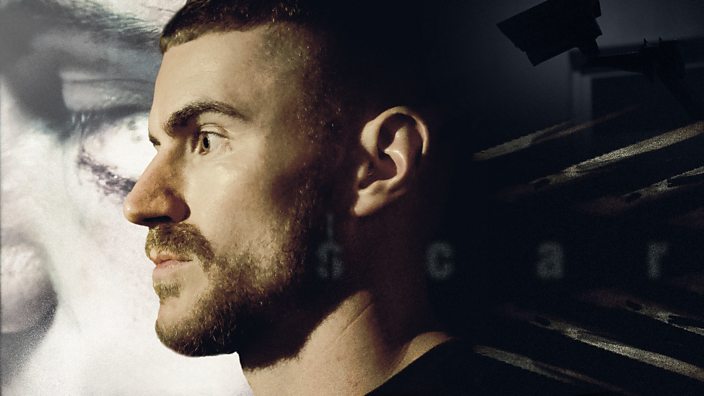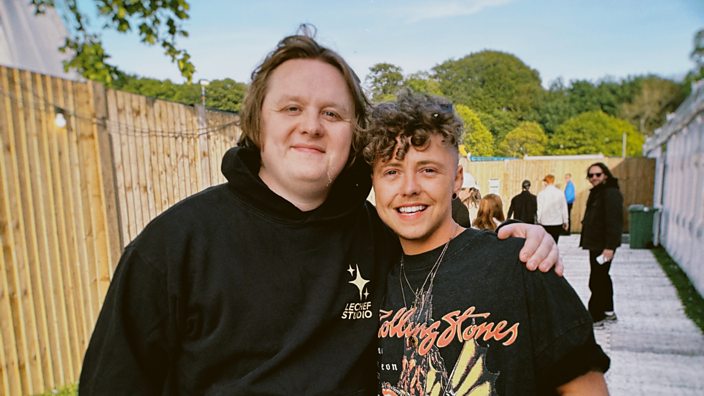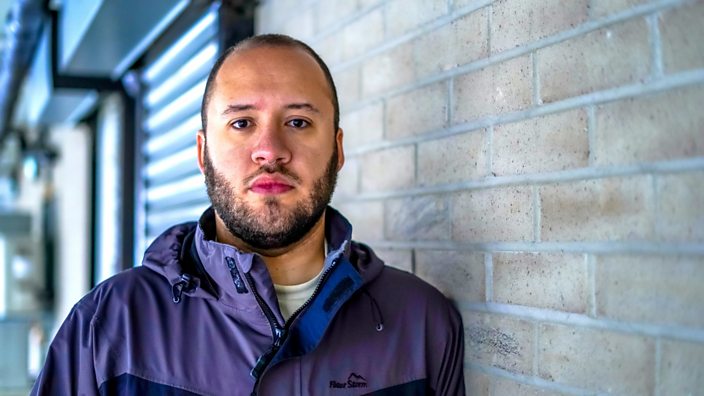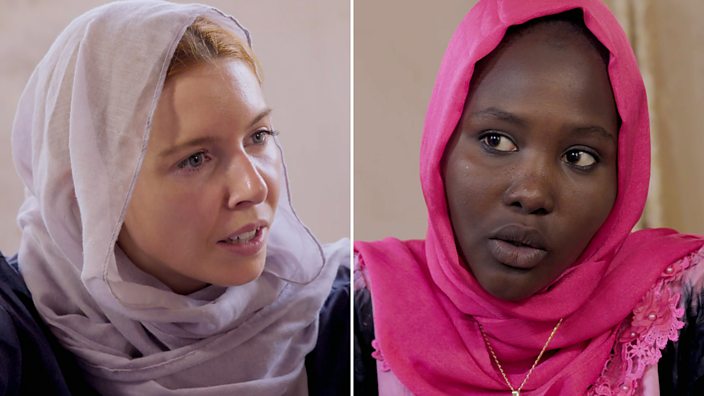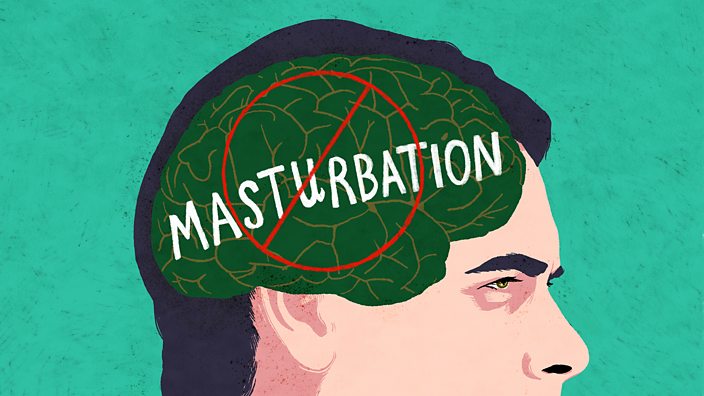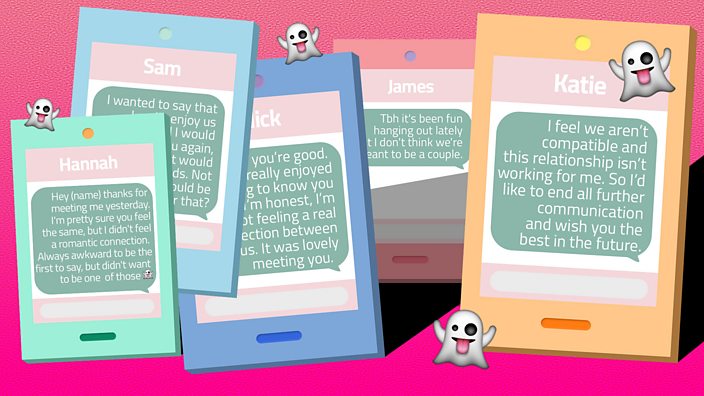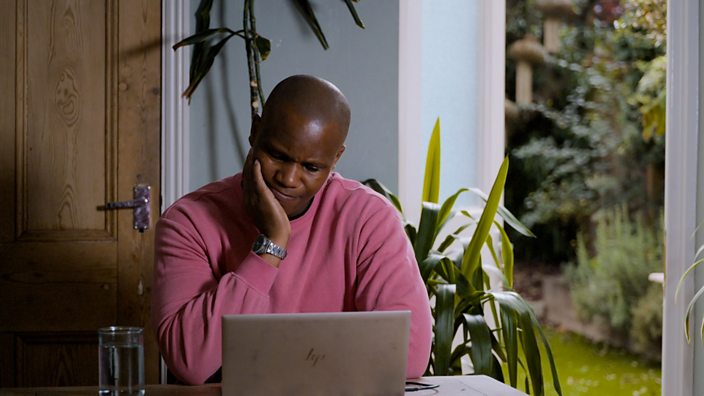 BBC
BBCJob hunting for neurodivergent people: 'AI recruitment means I’ve got zero chance'
Facial analysis technology is sometimes used in recruitment, but autistic people and those with other types of neurodivergence say it can be biased against them
Have you ever applied for a job and found that, before you get offered an interview with a real person, you have to answer pre-recorded questions into your webcam?
Automated recruitment software isn’t new – it’s been in use for around the last decade, but its prevalence appeared to grow sharply over the pandemic.
It’s designed to help firms process job applicants more easily, and to test people’s suitability for the job before they encounter a human. But, as new BBC Three documentary Computer Says No explores, automated and algorithm-based recruitment technology can unfairly disadvantage candidates who don’t fit the profile it’s been programmed to accept – particularly those with neurodiversity.
“It’s quite discriminatory against people like me,” says Olly, 24, who is autistic and has ADHD, and has been rejected from several jobs after doing video interviews.
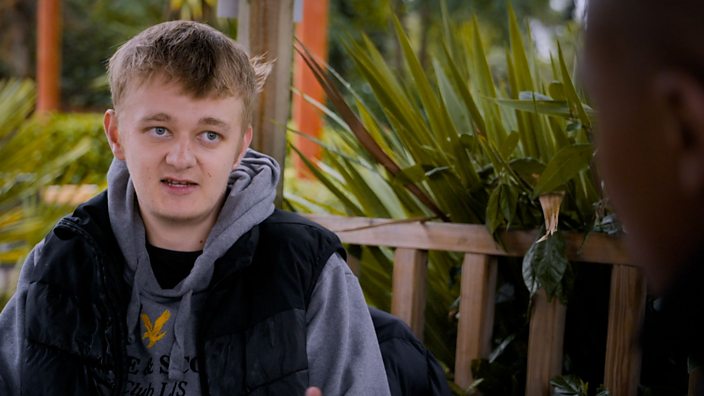 BBC
BBCOlly finds it hard to maintain eye contact for long periods, and has to pause while speaking to focus on what he wants to say.
“It goes on your eye contact and gaps in your speech,” he says. “If the computer sees my eyes moving, it denotes that as someone who’s not interested and can’t focus, and can’t engage in conversation for long periods of time.
“Sometimes I have to slow down and refocus. I feel like I’ve got zero chance of succeeding.”
When he’s talking to another person, Olly says he finds it much easier to keep the flow of a conversation going. “I struggle with not having somebody else there for me to hear the intonation of their voice and know where to go, or when to stop explaining something,” he says.
“It’s very difficult to show your true self and true skills that you believe you have, because you’re within this state of overthinking, am I saying too much? Then there’ll be a break in your speech and as soon as there’s something the computer doesn’t like, that’s that.”
'It can be programmed to be inclusive'
Data released last month by the Office for National Statistics (ONS) found that autistic people, those with specific learning disabilities or mental health issues had the lowest employment rates. The National Autistic Society said its own research suggested that less than a third of autistic adults were employed, but over three quarters of unemployed autistic adults wanted to work.
While there are several factors behind what the charity calls the "autism employment gap", Olly and others feel that recruitment processes that don’t allow for diversity in speech and mannerisms are a particular barrier.
Nat Hawley, head of community at Exceptional Individuals, an organisation providing advice to both neurodiverse jobseekers and organisations on their hiring processes, says the technology could be made more inclusive.
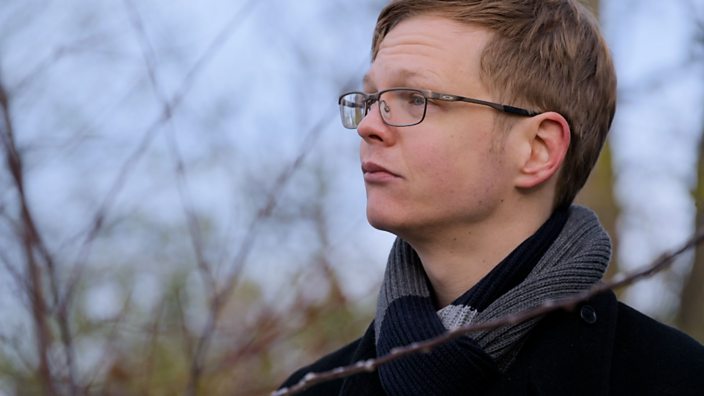 BBC
BBC“I’m not against AI – some neurodiverse people prefer an automated interview,” says Nat. “But we need to make sure we’re not using these things before they’re fully formed.
“I would advise that companies think about how they’re using AI and what the software recognises. The people behind them can train them to be inclusive.”
One recruitment software company, Arctic Shores, claims to have removed these unconscious biases in recruitment software by giving candidates interactive tasks that test for personality traits necessary for the job. The candidates’ scores are then compared to people who are successful in the same roles. Facial analysis is not used, and candidates are also given the option to request additional assistance.
“If someone feels they have something that will inhibit them taking this type of assessment, they must let us know, and we can advise them,” says Robert Newry, co-founder of Arctic Shores, in the documentary.
“If you’re on the neurodiverse spectrum, we can make an adjustment behind the scenes.”
But Olly is reticent about the burden being on him to make things fairer. When asked if he’s done what Newry suggests, and contacted recruiters directly to ask for adjustments, he says: “No, I haven’t directly contacted people and asked to have interviews arranged face to face, because why should that burden be upon me? Why am I the one who should have to reach out when it’s their processes that are incorrect?”
Facial analysis attracted complaints
A US-based recruitment company, HireVue, removed the facial analysis function from all new assessments in early 2020, after several people raised concerns.
HireVue said its technology did not lead to bias, but CEO Kevin Parker admitted it “wasn’t worth the concern” after complaints.
In June 2020, three women who worked for the makeup brand MAC had to reapply for their jobs after being furloughed, and MAC's parent company Estee Lauder used HireVue in the process. Despite being high-performing staff members, the women were not re-hired, and questioned the role that HireVue’s technology had played in their redundancy. They began legal proceedings.
All three women reached an agreement out of court with Estee Lauder.
Computer Says No is on BBC Three on 16 March at 8pm, and on BBC iPlayer
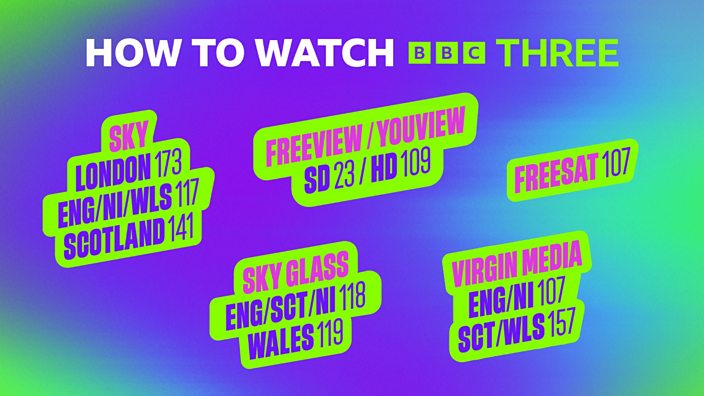
This article was amended to correct the date that HireVue removed facial analysis from its assessments, and clarify that Arctic Shores does not use facial analysis.
